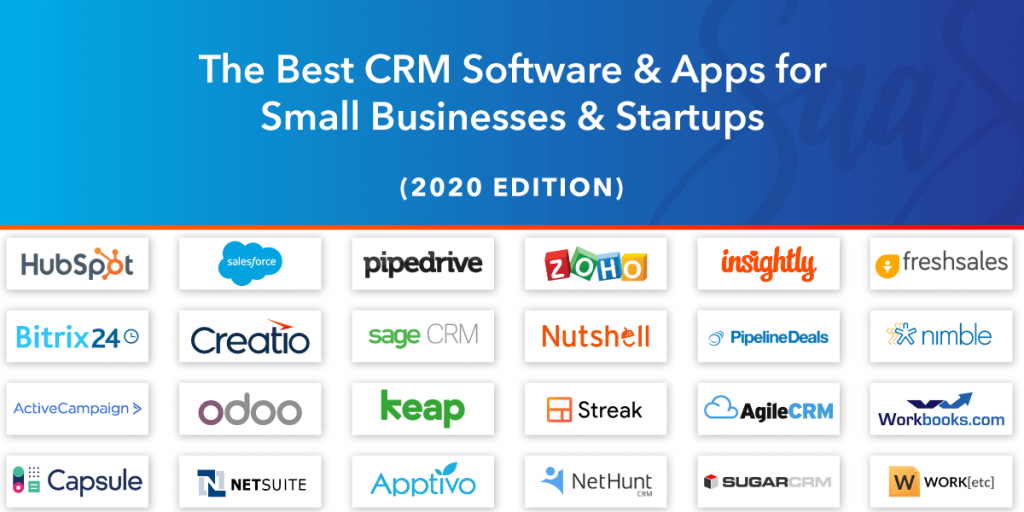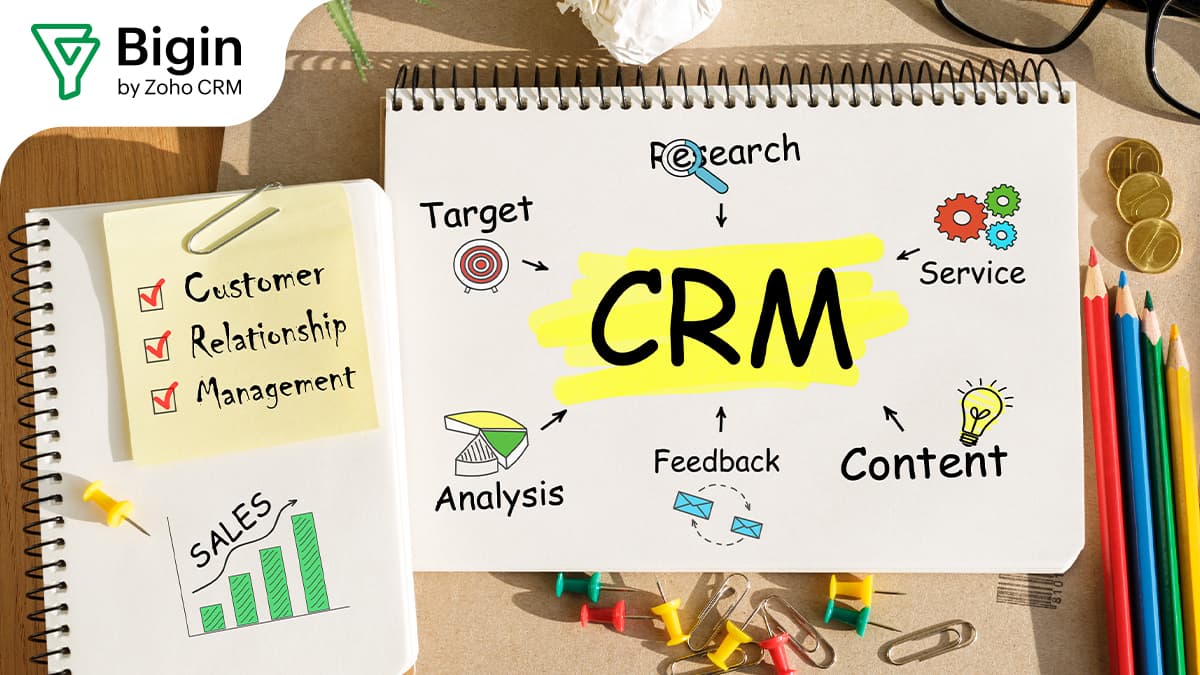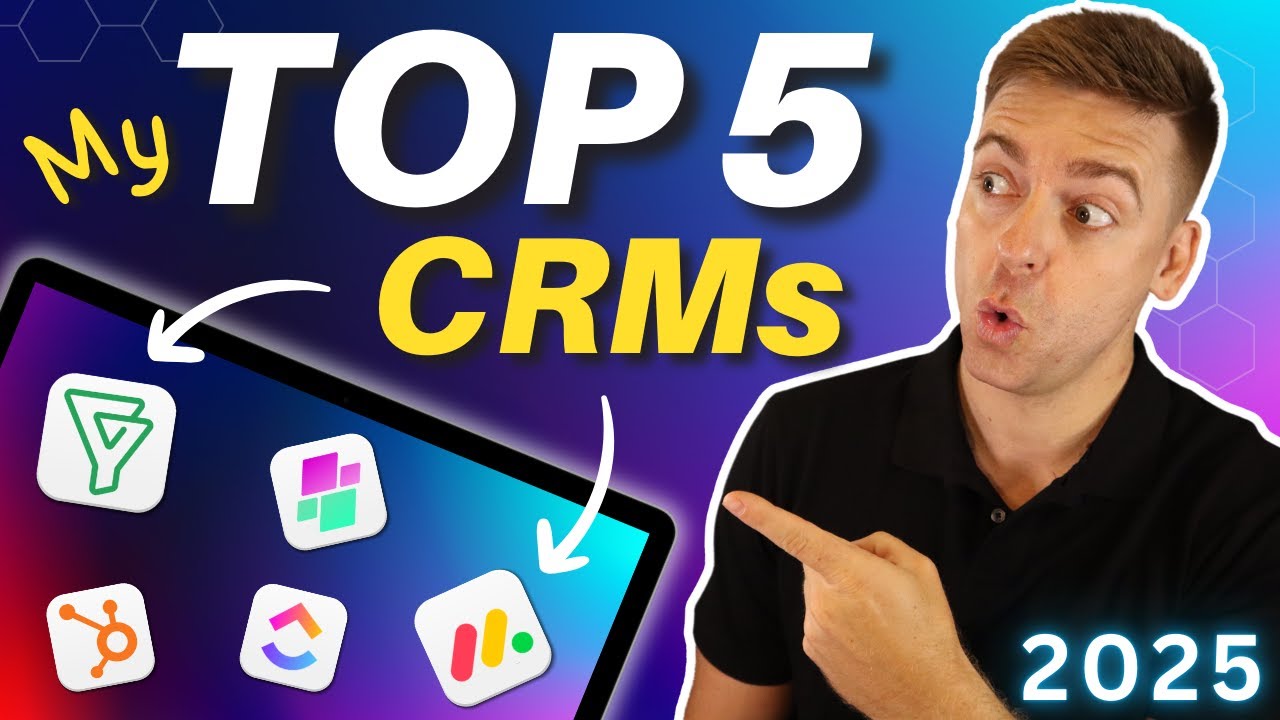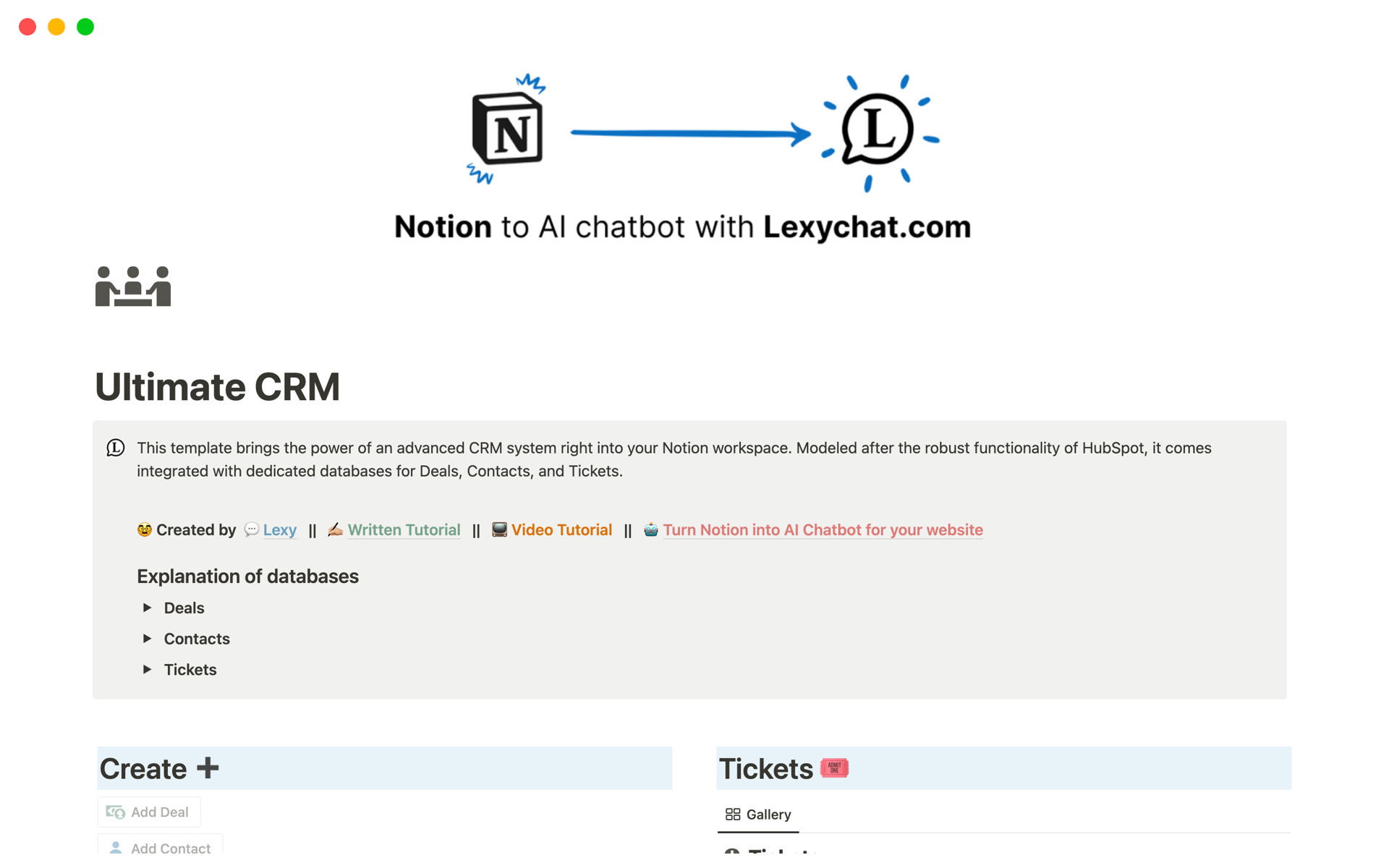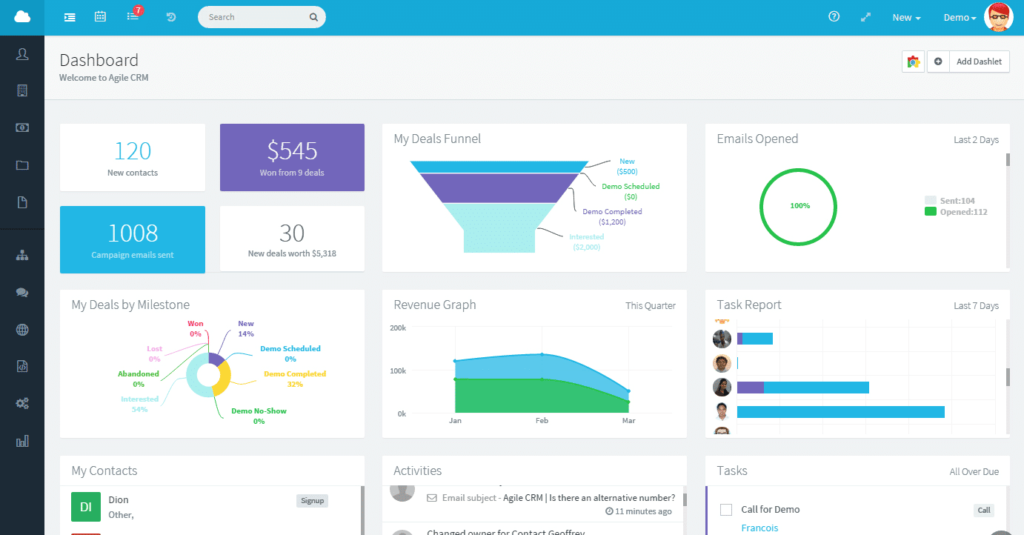
Introduction: The Power of CRM in Modern Marketing
In today’s hyper-competitive business landscape, understanding and catering to your customers is no longer a luxury – it’s a necessity. This is where Customer Relationship Management (CRM) marketing tools come into play. They’re the backbone of any successful marketing strategy, allowing businesses to build strong, lasting relationships with their customers. But what exactly are CRM marketing tools, and why are they so crucial? This comprehensive guide will delve deep into the world of CRM marketing, exploring its benefits, functionalities, and the best tools available to help you thrive.
CRM marketing isn’t just about collecting customer data; it’s about using that data intelligently. It’s about personalizing experiences, anticipating needs, and providing exceptional service that keeps customers coming back for more. Think of it as building a close friendship, where you understand their preferences, remember important dates, and always strive to make them happy. That, in essence, is the core of CRM marketing.
What are CRM Marketing Tools? A Comprehensive Overview
At their core, CRM marketing tools are software solutions designed to help businesses manage and analyze customer interactions and data throughout the customer lifecycle. They provide a centralized platform to store, organize, and leverage customer information, enabling marketers to create targeted campaigns, personalize communications, and improve overall customer experiences. Essentially, it’s a digital hub that connects all customer-related activities.
These tools go far beyond simple contact management. They encompass a wide range of functionalities, including:
- Contact Management: Storing and organizing customer contact information, including names, addresses, phone numbers, and email addresses.
- Lead Management: Tracking leads, nurturing them through the sales funnel, and qualifying them for sales.
- Sales Automation: Automating repetitive sales tasks, such as email follow-ups and appointment scheduling.
- Marketing Automation: Creating and managing automated marketing campaigns, such as email marketing, social media posting, and SMS messaging.
- Customer Service: Managing customer inquiries, resolving issues, and providing support.
- Analytics and Reporting: Tracking key performance indicators (KPIs), analyzing customer behavior, and generating reports to measure the effectiveness of marketing efforts.
- Integration: Connecting with other business tools, such as email marketing platforms, social media channels, and e-commerce platforms.
The benefits of using CRM marketing tools are numerous, and they can significantly impact your bottom line. From boosting sales and improving customer satisfaction to streamlining operations and gaining valuable insights, CRM marketing tools are a game-changer for businesses of all sizes.
The Core Benefits of Implementing CRM Marketing Tools
Investing in CRM marketing tools is an investment in your business’s future. The advantages are far-reaching, touching nearly every aspect of your operations. Let’s explore some of the most significant benefits:
Enhanced Customer Relationships
At the heart of CRM is the ability to build stronger customer relationships. By having a 360-degree view of each customer, you can personalize interactions, anticipate their needs, and provide tailored solutions. This level of personalization fosters loyalty and turns customers into brand advocates. Imagine knowing your customer’s preferences, purchase history, and past interactions – you can tailor your messaging to resonate with them on a deeper level.
Increased Sales and Revenue
CRM tools help sales teams work smarter, not harder. By automating tasks, providing lead scoring, and offering valuable insights, CRM empowers sales reps to focus on closing deals. Lead management features ensure that no lead falls through the cracks, maximizing the chances of conversion. Furthermore, personalized marketing campaigns drive higher engagement and conversion rates, leading to increased revenue. It’s like having a well-oiled sales machine that consistently delivers results.
Improved Customer Satisfaction
Happy customers are repeat customers. CRM tools enable businesses to deliver exceptional customer service by providing a centralized platform for managing inquiries, resolving issues, and providing support. By tracking customer interactions and feedback, you can identify areas for improvement and proactively address any concerns. This proactive approach leads to higher customer satisfaction, reduced churn, and positive word-of-mouth referrals. Think of it as creating a customer experience that leaves a lasting positive impression.
Streamlined Marketing Efforts
CRM tools streamline marketing campaigns by automating tasks, segmenting audiences, and providing data-driven insights. This allows marketers to create targeted campaigns that resonate with specific customer segments, leading to higher engagement and conversion rates. Automation features, such as email marketing automation and social media scheduling, free up valuable time and resources, allowing marketers to focus on strategic initiatives. It’s like having a marketing assistant that works tirelessly, 24/7.
Data-Driven Decision Making
CRM tools provide valuable data and analytics that help businesses make informed decisions. By tracking key performance indicators (KPIs), analyzing customer behavior, and generating reports, you can gain a deep understanding of your marketing efforts. This data-driven approach allows you to identify what’s working, what’s not, and make adjustments to optimize your campaigns. It’s like having a crystal ball that reveals the secrets to marketing success.
Improved Team Collaboration
CRM tools facilitate seamless collaboration between different teams, such as sales, marketing, and customer service. By providing a centralized platform for sharing information and tracking interactions, CRM ensures that everyone is on the same page. This improved collaboration leads to better communication, reduced silos, and a more cohesive customer experience. It’s like having a team that works in perfect harmony, all focused on the same goal.
Key Features to Look for in a CRM Marketing Tool
Choosing the right CRM marketing tool can be a daunting task, but understanding the key features to look for can simplify the process. Here are some essential features to consider:
Contact Management
This is the foundation of any CRM system. Look for a tool that allows you to store and organize customer contact information, including names, addresses, phone numbers, email addresses, and other relevant details. The ability to segment contacts based on various criteria is also crucial for targeted marketing campaigns.
Lead Management
Effective lead management is essential for converting leads into customers. Look for a CRM tool that allows you to track leads, nurture them through the sales funnel, and qualify them for sales. Features such as lead scoring and lead assignment can streamline the lead management process.
Sales Automation
Sales automation features can free up valuable time for sales reps by automating repetitive tasks, such as email follow-ups, appointment scheduling, and task management. This allows sales reps to focus on building relationships and closing deals. Consider automation features like email templates and automated workflows.
Marketing Automation
Marketing automation is crucial for creating and managing targeted marketing campaigns. Look for a CRM tool that allows you to create automated email campaigns, social media posting schedules, and SMS messaging campaigns. Features like segmentation and personalization are essential for maximizing campaign effectiveness.
Customer Service Management
Providing excellent customer service is essential for building customer loyalty. Look for a CRM tool that allows you to manage customer inquiries, resolve issues, and provide support. Features such as a help desk, knowledge base, and live chat can enhance your customer service capabilities.
Analytics and Reporting
Data is king. Look for a CRM tool that provides robust analytics and reporting capabilities. This will allow you to track key performance indicators (KPIs), analyze customer behavior, and generate reports to measure the effectiveness of your marketing efforts. Customization options are very useful here.
Integration Capabilities
The ability to integrate with other business tools is crucial for streamlining your operations. Look for a CRM tool that integrates with your existing email marketing platform, social media channels, e-commerce platform, and other essential tools. Check for compatibility with tools you are already using.
Mobile Accessibility
In today’s mobile world, it’s essential to have access to your CRM data on the go. Look for a CRM tool that offers a mobile app or a responsive web interface. This will allow you to stay connected with your customers and manage your sales and marketing efforts from anywhere, at any time.
Top CRM Marketing Tools to Consider
The market is saturated with CRM marketing tools, each with its own strengths and weaknesses. Here are some of the top contenders to consider:
HubSpot CRM
HubSpot CRM is a popular choice for businesses of all sizes, offering a comprehensive suite of marketing, sales, and customer service tools. Its user-friendly interface, free version, and robust features make it an attractive option for beginners and experienced users alike. HubSpot CRM is known for its excellent marketing automation capabilities, lead management features, and integration with other popular tools. It’s a well-rounded platform that can handle most needs.
Salesforce Sales Cloud
Salesforce Sales Cloud is a leading CRM platform, known for its scalability, customization options, and advanced features. It’s a good choice for larger enterprises with complex sales and marketing needs. Salesforce offers a wide range of modules and integrations, allowing businesses to tailor the platform to their specific requirements. While it can be more complex to set up, the power it offers is undeniable.
Zoho CRM
Zoho CRM is a cost-effective CRM solution that offers a wide range of features, including sales automation, marketing automation, and customer service management. It’s a good choice for small and medium-sized businesses looking for a comprehensive CRM platform at an affordable price. Zoho CRM is known for its user-friendly interface, customization options, and integration with other Zoho apps. It’s often a good balance of features and affordability.
Microsoft Dynamics 365
Microsoft Dynamics 365 is a comprehensive CRM and ERP (Enterprise Resource Planning) platform that offers a wide range of features, including sales, marketing, customer service, and finance. It’s a good choice for businesses that want a fully integrated solution that can manage all aspects of their operations. Microsoft Dynamics 365 is known for its integration with other Microsoft products and its robust reporting capabilities. It offers a lot of options for businesses with existing Microsoft infrastructure.
Pipedrive
Pipedrive is a sales-focused CRM platform designed to help sales teams manage their leads, track deals, and close more sales. Its user-friendly interface, visual pipeline, and powerful sales automation features make it a popular choice for sales-driven businesses. Pipedrive focuses on the sales process, making it a great tool for sales teams that need to optimize their workflow.
Freshsales
Freshsales is a CRM platform that focuses on providing a user-friendly and intuitive experience for sales teams. It offers a range of features, including lead management, sales automation, and customer service management. Freshsales is known for its ease of use, affordability, and strong customer support. It’s a great choice for businesses that value simplicity and ease of use.
Implementing CRM Marketing Tools: Best Practices
Implementing CRM marketing tools is a process that requires careful planning and execution. Here are some best practices to ensure a successful implementation:
Define Your Goals and Objectives
Before you start implementing a CRM tool, define your goals and objectives. What do you want to achieve with the tool? What are your key performance indicators (KPIs)? Having clear goals will help you choose the right tool and measure its effectiveness. This gives you a roadmap for success.
Choose the Right Tool
Not all CRM tools are created equal. Choose a tool that meets your specific needs and requirements. Consider factors such as your budget, the size of your business, and the features you need. Do your research and compare different tools before making a decision. Take time to evaluate the options carefully.
Plan Your Implementation
Develop a detailed implementation plan that outlines the steps you need to take to implement the CRM tool. This should include data migration, user training, and integration with other tools. A well-defined plan will minimize disruptions and ensure a smooth transition. Careful planning avoids costly mistakes.
Migrate Your Data
Migrate your customer data from your existing systems to the new CRM tool. Ensure that your data is accurate, complete, and up-to-date. Data migration can be a complex process, so be sure to test the data before going live. Clean data is essential for the tool to work effectively.
Train Your Team
Provide adequate training to your team on how to use the CRM tool. Ensure that they understand the features and functionalities of the tool and how to use them effectively. Training will help your team embrace the new tool and maximize its benefits. Invest in training to get the most out of the tool.
Integrate with Other Tools
Integrate your CRM tool with other business tools, such as your email marketing platform, social media channels, and e-commerce platform. This will allow you to streamline your operations and improve your overall customer experience. Integration creates a unified system.
Monitor and Optimize
Once the CRM tool is implemented, monitor its performance and make adjustments as needed. Track your KPIs, analyze customer behavior, and generate reports to measure the effectiveness of your marketing efforts. Continuously optimize your campaigns and processes to maximize your results. Ongoing monitoring ensures continuous improvement.
The Future of CRM Marketing
The world of CRM marketing is constantly evolving, with new technologies and trends emerging all the time. Here are some of the key trends to watch:
Artificial Intelligence (AI) and Machine Learning (ML)
AI and ML are transforming the way businesses interact with their customers. These technologies can be used to automate tasks, personalize experiences, and gain valuable insights from customer data. Expect to see AI-powered CRM tools that can predict customer behavior, recommend products, and automate customer service interactions. AI will make CRM tools smarter.
Personalization at Scale
Personalization is no longer a nice-to-have; it’s a must-have. Customers expect personalized experiences, and CRM tools are essential for delivering them. Expect to see more sophisticated personalization features that allow businesses to tailor their messaging, offers, and experiences to individual customer preferences. Personalization will get even more advanced.
Omnichannel Customer Experience
Customers interact with businesses through multiple channels, including email, social media, phone, and live chat. CRM tools are essential for providing a seamless omnichannel customer experience. Expect to see more CRM tools that integrate with all of these channels and provide a unified view of the customer journey. Seamless experiences across all channels will be the standard.
Data Privacy and Security
Data privacy and security are becoming increasingly important. Businesses must comply with data privacy regulations, such as GDPR and CCPA, and protect their customer data from cyber threats. Expect to see more CRM tools that offer robust data privacy and security features. Protecting customer data is paramount.
CRM and the Metaverse
The metaverse is the next frontier for customer engagement. Businesses are starting to explore how they can use the metaverse to create immersive customer experiences. Expect to see CRM tools that integrate with metaverse platforms, allowing businesses to manage customer interactions and data within the metaverse. The metaverse will add a new dimension to CRM.
Conclusion: Embrace the Power of CRM Marketing
CRM marketing tools are essential for businesses that want to build strong customer relationships, increase sales, and improve customer satisfaction. By choosing the right tool, implementing it effectively, and staying up-to-date on the latest trends, you can unlock the full potential of CRM marketing and achieve your business goals. Embrace the power of CRM, and watch your business thrive.
Investing in CRM marketing tools is an investment in your business’s future. It’s about building lasting relationships, understanding your customers, and providing exceptional experiences. With the right tools and strategies, you can transform your marketing efforts and achieve sustainable growth. Don’t get left behind; embrace the power of CRM and start building a brighter future for your business today.

